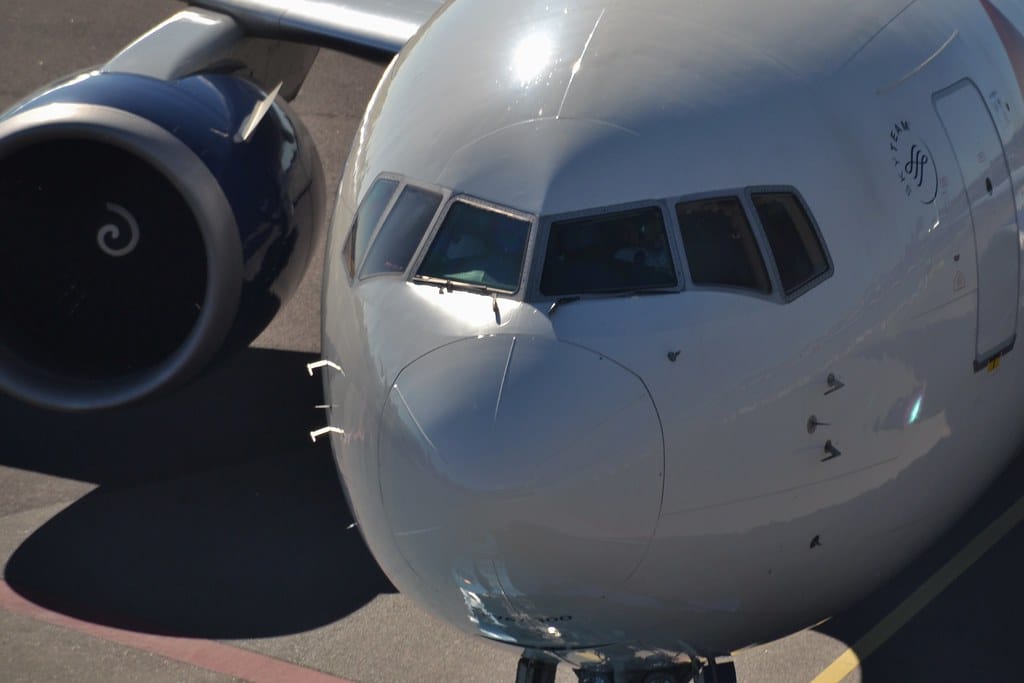Delta's AI Pricing Revolution: What Passengers Need to Know About Dynamic Fare Changes
Delta Air Lines has quietly rolled out one of the most sophisticated artificial intelligence pricing systems in aviation history, fundamentally changing how passengers experience ticket purchasing. What once seemed like a futuristic concept now affects millions of travelers daily, with real-time price adjustments happening every few seconds based on an intricate web of data points most customers never see.
The Technology Behind the Curtain
Delta's dynamic pricing algorithm processes over 1,000 variables simultaneously, including weather patterns, competitor pricing, historical booking data, and even social media sentiment around specific destinations. The system can adjust fares up to 200,000 times per day across Delta's network of routes.
"We're not just looking at supply and demand anymore," explains airline industry analyst Sarah Chen. "These AI systems are predicting passenger behavior three to six months in advance and pricing accordingly."
The technology represents a $2 billion investment by Delta over the past four years, incorporating machine learning models that analyze everything from fuel costs to major sporting events that might drive demand to specific cities.
How Passengers Experience the Change
For travelers, the most noticeable difference is the speed and frequency of price changes. Where airlines once adjusted fares a few times per day, Delta's system now makes micro-adjustments continuously. A flight search refreshed after just five minutes can show dramatically different pricing.
Recent data from travel comparison site FareCompare shows that Delta's prices now fluctuate 34% more frequently than they did two years ago. On popular routes like New York to Los Angeles, prices can swing by $150 or more within a single hour during peak booking periods.
The Personalization Factor
Perhaps most controversial is Delta's move toward personalized pricing based on individual customer profiles. The airline's SkyMiles program data, combined with web browsing behavior and purchase history, creates unique pricing models for different passenger segments.
Business travelers booking last-minute flights may see consistently higher prices, while leisure travelers planning months ahead could benefit from AI-predicted price drops. Delta maintains this approach optimizes revenue while offering better deals to price-sensitive customers.
Industry Impact and Competition
Other major carriers are scrambling to catch up. United Airlines announced a $1.5 billion AI pricing initiative in response to Delta's early success, while American Airlines has partnered with Google Cloud to develop similar capabilities.
The competitive pressure has intensified dramatically. Aviation consultant Michael Torres notes, "Airlines that don't adopt dynamic AI pricing risk losing 15-20% of potential revenue to competitors who can optimize pricing in real-time."
Regulatory Scrutiny Emerges
The Department of Transportation has opened preliminary investigations into whether AI-driven pricing constitutes unfair practices. Consumer advocacy groups argue that opaque algorithms disadvantage passengers who lack the technical knowledge to game the system.
"When pricing changes faster than humans can process, it raises questions about market fairness," says Jennifer Walsh from the Consumer Travel Alliance.
What This Means for Travelers
Smart travelers are adapting their booking strategies. Travel experts now recommend:
- Booking at optimal times: Data shows Delta's AI typically offers lowest prices on Tuesday afternoons and Saturday mornings
- Using incognito browsing: Prevents price increases based on repeated searches
- Setting multiple price alerts: AI systems respond to demand signals, making alerts more crucial than ever
- Considering bundle deals: Dynamic pricing often makes package deals more competitive than individual bookings
The technology also creates new opportunities for savvy passengers. Flexible travelers can potentially save hundreds by allowing AI to find optimal travel dates based on predicted price patterns.
Looking Forward
Delta's AI pricing represents more than a technological upgrade—it's a fundamental shift in how airlines view customer relationships and revenue optimization. As the system learns and evolves, passengers can expect even more sophisticated pricing strategies.
The airline industry's embrace of AI pricing appears irreversible, with potential applications extending beyond tickets to baggage fees, seat selections, and meal purchases. For travelers, understanding these systems becomes as important as knowing departure times.
The key takeaway for passengers: the days of predictable airline pricing are over. Success in this new environment requires flexibility, strategic thinking, and acceptance that the price you see today may not exist tomorrow—or even in the next hour.
